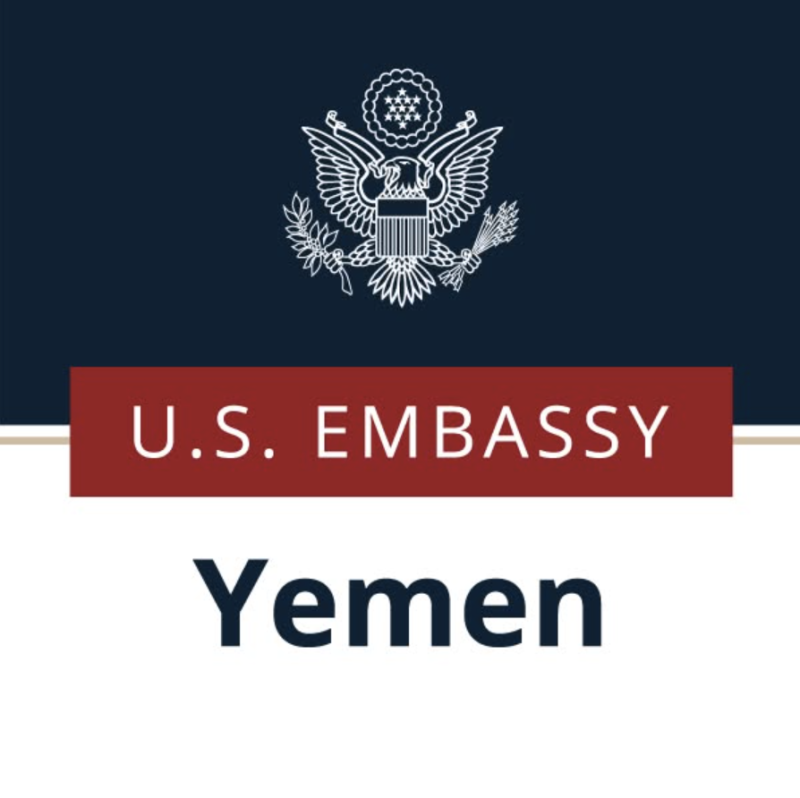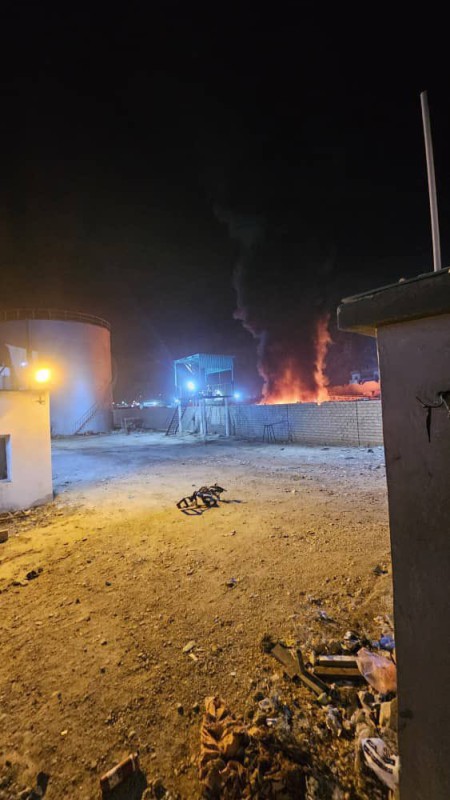EU supports Yemen with €79 million to sustain public services and generate job opportunities


The European Commission has today adopted a €79 million package to support Yemen, where violent conflict has created an unprecedented humanitarian crisis and devastated livelihoods since 2015. This support will help to sustain public services, such as health and education, and to develop livelihood opportunities.
Commissioner for International Cooperation and Development, Neven Mimica, said: “Yemen is a country torn by conflict and ravaged by violence, but it is also a country full of resilience and entrepreneurship. In addition to the EU’s humanitarian assistance to the people of Yemen, investing in development is crucial. Today’s package worth €79 million will support health services, access to water, food and education, as well as improve the livelihoods of people.”
The EU support will focus on two areas. First, it will help Yemeni communities such as local councils to improve health services, access to drinking water and food, primary and hospital care sanitation and invest in education. It will furthermore promote better revenue collection and spending, as well as better waste management.
Second, it will stimulate the private sector, especially small-scale economic actors, for example in the sector of agri-businesses. This will support people’s ability to secure their livelihoods and boost their resilience in a country where the economy has essentially halted due to five years of conflict.
Background
Today’s support complements EU humanitarian assistance to the Yemeni people amounting to €440 million since 2015. With today’s package, EU development assistance to crisis-affected populations in Yemen amounts to €323 million since the beginning of the crisis.
This new support is in line with the Council’s Conclusions on Yemen of June 2018 and February 2019, which put particular emphasis on the situation of vulnerable communities affected by the on-going hostilities and humanitarian crisis and reiterate the EU’s commitment to supporting the UN-led efforts towards a sustainable and inclusive political solution to the conflict in the country. The conclusion of the agreement between the Government of Yemen and the Southern Transitional Council reached in Riyadh on 5 November under the auspices of Saudi Arabia is an important step towards de-escalation and peace for Yemen and for the region. The European Union encourages the signatory parties to seize this window of opportunity to resume work under the auspices of the United Nations, ensuring the involvement of all Yemenis in the de-escalation and reconciliation process.
The conflict in Yemen has resulted in the worst humanitarian crisis in the world. Current levels of hunger, poverty and spread of preventable diseases are unprecedented.
The EU’s priority is to safeguard the medium- to long-term prospects of Yemeni citizens by preventing the collapse of institutional and economic structures. The Yemeni people depend on what is left of these structures for basic services for their livelihoods, as well as to sustain the remnants of the country’s social fabric.

Washington – The United States has voiced concern over recent developments in southeastern Yemen, stressing the importance of avoiding any st…

Riyadh --  Yemen’s Presidential Leadership Council Chairman, Rashad al-Alimi, announced on Tuesday a nationwide state of emergency, effe…

 Mukalla – The Saudi-led Arab Coalition has requested the immediate evacuation of civilians from Mukalla Port in Hadramout province.&nbs…